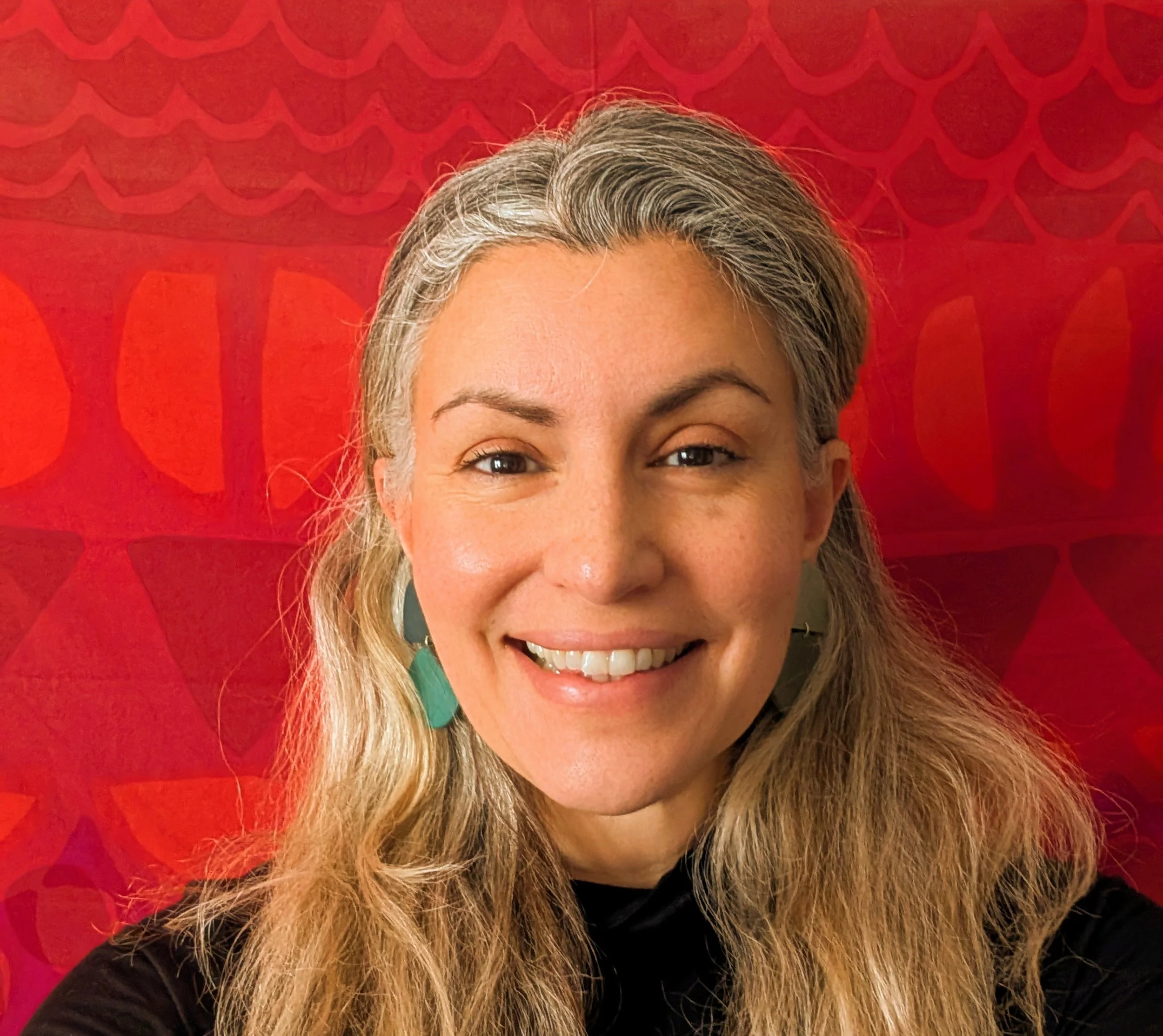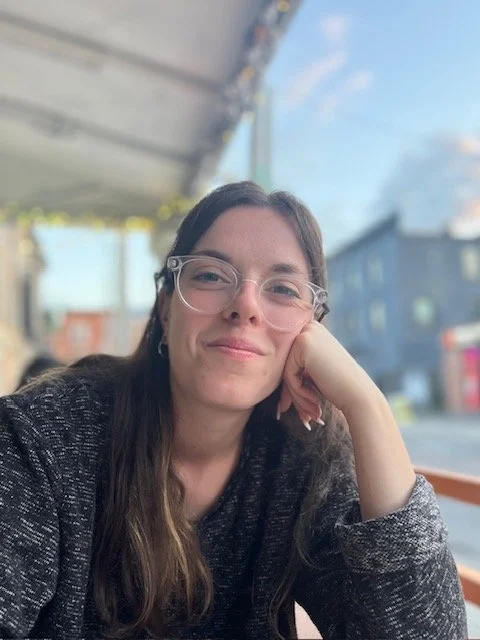Founder & Director
Ariana Gonzalez Stokas is a committed teacher with over twenty years of experience in the field of education. She began her career working as an early childhood educator and then went on to receive a PhD in Philosophy and Education from Columbia University Teachers College. While there she studied aesthetic education with Maxine Greene and immersed herself in pedagogies of emergent learning such as Reggio Emilia. She has been a professor and a higher education administrator developing diversity, equity and inclusion programs. She believes deeply in the transformative and healing power of arts based education.
Ariana is a certified teacher in New York State, a certified Artificial Intelligence Ethics Officer and is pending certification with the Ontario College of Teachers.
All staff of Red Fox Learning Studio undergo an annual vulnerable sector background check and have CPR/First Aid training.
Ariana Gonzalez Stokas
Kendal Preston
Studio Assistant
Kendal Preston is a current student in her final year of undergraduate studies at University of Toronto, majoring in critical equity and diversity.
She is a creative person, hoping to foster imagination and connective thinking with students at Red Fox. She is also a craft enthusiast and likes to share her knowledge.
Kendal is a hard worker with many hobbies, a love for animals, and a passion for learning in unconventional ways. Outside of work and school, you can find her walking her dog, Pippin, reading as much as she can, and tangling with multiple balls of yarn in hopes of crafting a challenging project.
Mia Myers
Lead Educator
Mia Myers is a childcare provider, tutor and doula with fifteen years of experience working with children.
She began working in childcare while studying Psychology at York University. As a tutor, she encouraged children to take agency in their own educational journey, and helped them learn to enjoy difficult subjects using art, games, and small projects. Following her graduation she became certified as a Birth and Postpartum Doula, and worked to support families through Birthmark, Discover Birth, and Nutmeg Consulting.
Aside from psychology, she’s also a lover of history, anthropology, and mythology.
She has started multiple kids’ book clubs, and she loves to use the sharing of culture and stories to teach children. When Mia isn’t teaching, she loves sketching and fashion design, and she enjoys staying active with hiking, yoga, and dance.
Our Philosophy
Aesthetic experience is principally an experience of freedom.” -Vea Vecchi
At Red Fox Learning Studio, we believe that children are innately curious, creative, and natural investigators of their world. When given the time and space to explore, they build powerful capacities for imagination, meaning-making, and self-expression.
Our philosophy is inspired by the Reggio Emilia approach and grounded in arts-based inquiry, which we see as a meaningful way for children to engage with academic skills such as literacy, critical thinking, and problem-solving. We recognize and support a range of literacies—media, technological, numerical, linguistic, and auditory—through playful and intentional learning experiences.
Our mission is to nurture curiosity in children and support them in becoming joyful learners and constructive, caring participants in their communities. We envision a learning environment where children understand that learning happens everywhere, not just in school, and where they are empowered to build strong relationships, express themselves through multiple mediums, and connect meaningfully with the world around them.
Red Fox programs support children to:
Build confidence expressing their ideas through multiple mediums
Reinforce a range of literacies: media, technological, numerical, linguistic, and auditory
Understand that learning is more than school
Build constructive, caring relationships
See themselves as active, creative participants in their communities
Why “Red Fox?”
Learning from the land and the local environment is a core tenant of emergent education and the values of Red Fox. The red fox is considered the unofficial mammal of Toronto! It thrives in natural and built environments. Red Foxes are focused on the care and protection of their kits. They are highly adaptable, resourceful and teach us the importance of finding creative solutions to thrive in unexpected ways.
Land Acknowledgement
As a settler educational organization operating on the traditional territories of many nations, including the Mississauga of the Credit, the Haudenosaunee Confederacy, the Wendat and the Petun Nations, we acknowledge that the colonial educational system created Residential Schools in an attempt to erase and eliminate First Nations communities. We commit to providing education that consistently teaches children right relations, accountability to the broken treaties and care for the land that nourishes and teaches us the path to decolonized futures.




